The Maldives is preparing to implement a controversial free trade agreement (FTA) signed with China nearly seven years ago.
The deal will come into force in September after legal processes are completed, President Dr Mohamed Muizzu announced in his Independence Day address on July 26.
“The result will be 298 fisheries items becoming duty-free. And many value-added items, a total of 7,897 items in nine sectors, will be duty-free,” he said. “This is a very big opportunity at the individual level for Maldivian businesses to sell these items in China.”
The process of entering an FTA with Turkey for 53 exports is at “a very advanced stage,” Muizzu revealed, expressing hope of signing similar deals with the United Kingdom and India.
A formal proposal from Muizzu to begin negotiations with India was made on Saturday (August 10) during Indian External Affairs Minister Dr S. Jaishankar’s three-day visit to the Maldives. “This agreement alongside other economic and trade-related agreements will facilitate trade liberalization and ease the risks of doing business in both our countries,” Maldives Foreign Minister Moosa Zameer said in a statement.
The decision to implement the Sino-Maldives FTA came after Zameer led a ministerial delegation on an official visit to China in late July. During bilateral talks, the Maldives foreign minister briefed his Chinese counterpart on austerity measures planned to avert a looming debt crisis.
The Maldives owes $1.37 billion to China, representing about 40 percent of public debt, the bulk of which were loans from the Chinese EXIM Bank to finance infrastructure projects.
In his Independence Day address, Muizzu announced that China has “given the green signal” for deferring loan and interest payments for five years. “Technical work on that is ongoing. Isn’t this how foreign policy needs to be shaped to protect a nation’s independence, as I see it,” he added.
Despite the President’s optimism, Beijing has yet to confirm the five-year grace period. In May, the Chinese ambassador to the Maldives said China has no intention of restructuring debt. “We are prioritizing providing free aid to the Maldives so as not to further increase Maldives’ debt,” Ambassador Wang Lixin told the local press.
An undisclosed amount of grant aid pledged during Muizzu’s state visit to China in January has not been forthcoming so far. However China has agreed to finance feasibility studies to redevelop roads in the capital Malé.
After Muizzu’s People’s National Congress (PNC) won a landslide victory in April’s parliamentary elections, a former senior Maldivian government official told Al Jazeera that “China has a lot of leverage” and was likely to seek favors in return, such as the ratification of the free trade deal.
The FTA with China, the Maldives’ first bilateral trade deal, was signed in December 2017 during former President Abdulla Yameen’s state visit to China. But his successor, Ibrahim Mohamed Solih from the Maldivian Democratic Party (MDP), decided against seeking the legislative changes needed for implementation.
The FTA will undermine Maldivian economic sovereignty and threaten the country’s independence, MDP Chairman Fayyaz Ismail, former economic development minister in Solih’s cabinet, warned in response to Muizzu’s announcement.
As the Maldives is not a major exporter, the FTA will disproportionately benefit China, Fayyaz argued at an MDP panel discussion on July 31.
“We are a country that imports 95 percent of the goods that we need. Economic sovereignty can only be upheld if trade sovereignty is upheld, by maintaining our trade sovereignty. For an importing country such as ourselves, we need to have a very strong policy for goods imports. That is how we can get the food and things that we need without depending on one party,” he said.
If tariffs are eliminated for Chinese goods, Maldivian businesses will be forced to exclusively import from China as goods from other countries would not be able to compete against cheaper Chinese goods in the market, Fayyaz explained.
The state would also lose revenue from customs duties as local businesses would be dissuaded from importing goods from elsewhere at a higher cost, he stressed. “So what happens is, gradually all the trade links we have formed over the years end up breaking,” he said, referring to traditional trading partners such as UAE, India and Thailand.
China is not a top destination for exports from the Maldives. According to customs data, in the first quarter of 2024, nearly half of fish exports went to Thailand. The United Kingdom and Germany were the other major markets. But along with Oman, India, Singapore and UAE, China was among the top five countries for imports with goods worth $108 million from January to March this year. During the same period, imports from India amounted to $174 million.
Fayyaz also cast doubt on the touted benefits of duty-free fish exports to China, which he called “one of our main competitors.” An FTA with the United Kingdom, a key market for Maldivian fish exports, would be more beneficial, the former trade minister suggested.










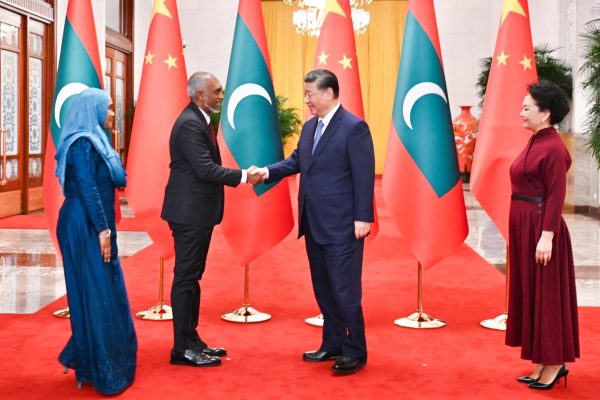
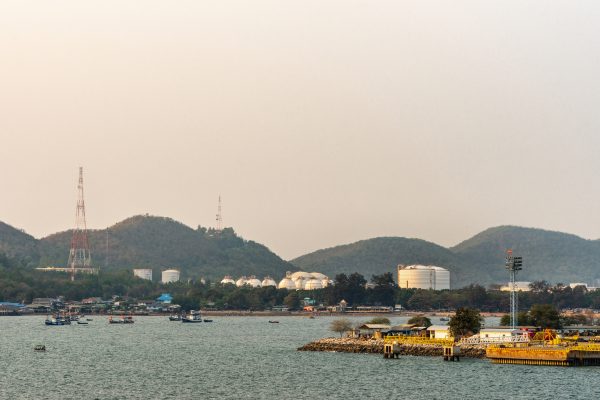
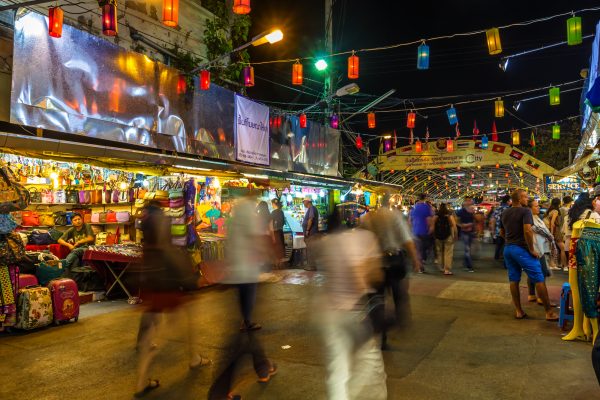
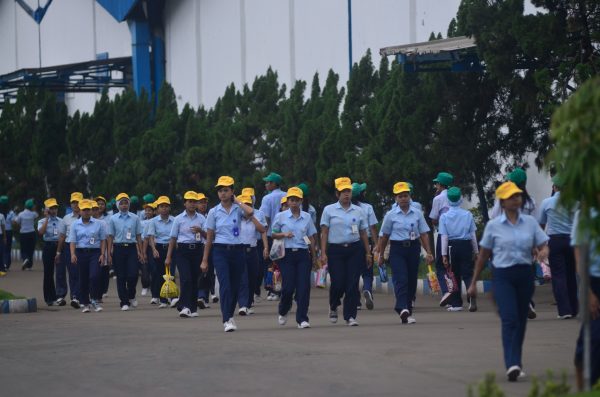
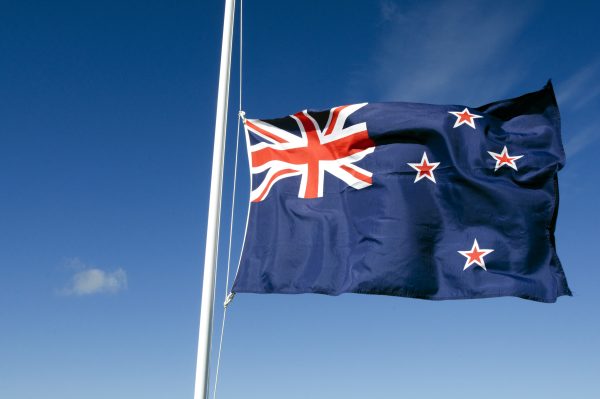


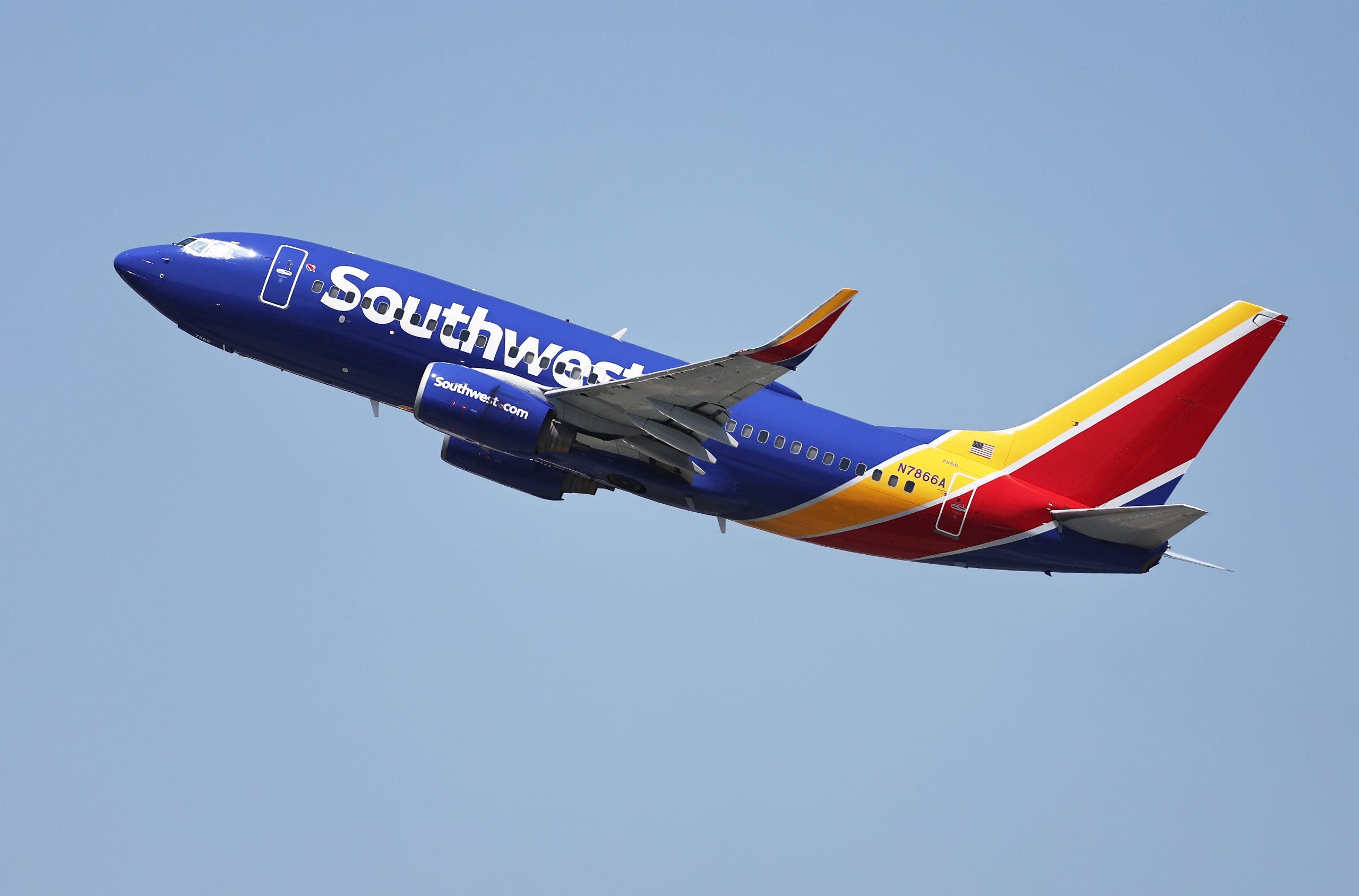

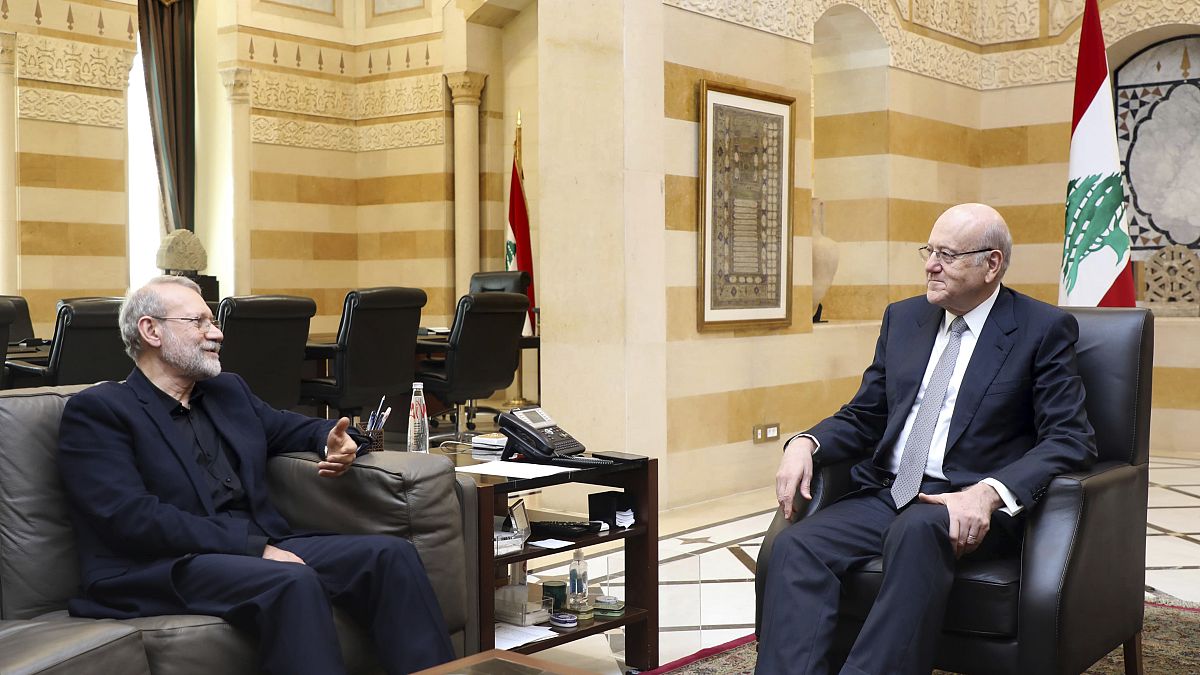

Discussion about this post